I ask Yoga Master Mark Breadner if yoga can really help cyclists improve their performance. The answer may surprise you.
Interview Transcript
David: HI. Welcome to Cycling Inform Cycling Tips. My name is David Heatley. Today, I’m talking to Mark Breadner. Now, Mark Breadner is a yoga instructor. He’s going to be talking to us a little bit about how yoga impacts cyclists and how you can use yoga to improve your performance. Mark thanks very much for coming along to our session this morning.
Mark: Yeah. Thanks a lot, David. Thanks for the invite. I’m looking forward to talking to your audience.
David: Excellent. Can you just first off a bat tell us, tell our listeners a bit about yourself and your situation?
Mark: My whole life has basically been revolved around yoga. My mom and my uncle teach it, and my uncle teaches. I started really early on. I carried it pretty much through my early years and a little party trick stuff then. I didn’t really know what it was about, but I have developed that over the years, and I folded it into everything that I’ve done. I pretty much been practicing for 40 years, been teaching for 30, and running training and education for about 20 years. I really got into it. I was doing triathlons all through my teens. I was doing then semi-professionally, but I was training really hard, but I was partying really hard at the same time, burning the candle at both ends.
In the ‘80s, it was training as hard as you can for as long as you can. That was the mantra. Essentially, I burnt out and had immune dysfunction, chronic fatigue, and it put me on my back for a long time. It really made me look at some of those deeper questions, how we achieve balance, and why me, what am I doing. I went back to yoga, and I did a couple of teacher trainings. I did my training in somatic psychotherapy, and I started to work as a child life specialist. From there, I went into Elite sport, which is more interesting for your audience. I worked with members of the Olympic Swim Team for four or five years before Athens including Craig Stevens and Ian Thorpe, and then I worked on the pro surf tours.
I was contracted with Rip Curl, and I travelled with guys like Phil McDonald on the tour. That was unreal because that’s my two favorite things, yoga and surfing, so that was fantastic. Now, my last maybe 10 years I’ve really concentrated on yoga education.
David: Fantastic. Tell me the time when you first started getting into yoga. You mentioned that obviously your mother and your uncle were into yoga, so tell us a little bit about that.
Mark: My mom taught in Cronulla which is a southern beach-side suburb of Sydney. She was teaching way before yoga was cool. It’s very commercial and cool these days. It was a weird thing then. She taught at home. She taught downstairs, and it was packed. It was all women. I remember them wearing their shiny leotards on the outside, and their leggings, and things like this. In fact, I was watching Puberty Blues the other night on telly which is created around Cronulla, although a little bit older than me that crew, but the lady there was teaching yoga in the house with that outfit on.
It just cracked me up, and she was watching Swami Sarasvati on the telly which my mom always did. I guess I was a curious kid. I was a bit hyper. I just started doing it. I don’t know. I felt better. I felt weird, but good weird at the end of it. I noticed the ladies all treated me really different at the end. I really connected and interested, and I thought, “Mom is on to something here.” It was good, and I just kept doing it. She was my first teacher, and that’s what got me started off.
David: Fantastic. It sounds like it’s had a really major impact on your life. What leanings you had from being involved with yoga in your life?
Mark: I think the most important thing that I take from yoga is that every single one of us has amazing potential; and largely, it’s hidden within us. The key to having mastery of your mind, learning to quiet down. We can all relate to having a busy chatting mind. We can all relate to having stress in our life, and being overwhelmed, or just the demands of life. In yoga, we call it meditate, but it’s simply being mindful, and so you need to quiet the mind. When you can do that, when you can do it regularly, we can access that potential. From the mind point of view, I think it’s the key to everything.
The other side of understanding is that yoga is a methodology, and it works in all aspects of ourselves. It works on balancing all of them so our environment as we work in with balancing our body, balancing our nervous system, working with the breath and balancing that, and then working with the mind. I really think that lasting well-being and happiness is attainable, we just have to get ourselves out of the way. For example, when our body is not balanced, then what stops flow, what stops potential is a tight muscle, or a muscle that’s switched off, or immobilized joints, or contracted diaphragms.
We have an amazing capacity for our nervous systems, but for most of us, we have poor food choices for a long period of time, and holding emotions, and don’t get enough sleep, and don’t look after that balance between yin and yang if you like, balancing the activity with the rest, and then just going back to habits of mind or habits of doing things that aren’t really support well-being. Yoga works with all of those, and we bring them to awareness, and try to keep removing all the things that are not useful, supporting the things that provide benefit, and just keep doing that until we just keep getting closer and closer to accessing that potential whatever it might be or whatever it’s related to in life.
David: Look, it’s interesting that you say that. Going back, I was just watching The Karate Kid 3 on TV. It cracked both Jodie and me up because the clothing they’re wearing back in the 19 … whenever it was, or I think it was the late ‘80s or the early ‘90s. I can’t remember exactly when they released the movie, but it’s interesting. Daniel was going through his usual dramas, and he’s got the bullies having a go at him and stuff. It’s a very similar story to Karate 1, but the interesting thing is that they go back to the roots and the foundations. Mr. Miyagi talks about the roots having strong roots.
I think there’s a lot of stuff that our sports we’re really focused on. In the act or part of our sports, we’re always working on becoming fitter and in tuned with the bike when we’re cycling. Even that process is quite meditative. The foundations around, I think what you’re talking about is actually a deeper level than other than that. It’s a lower foundation, isn’t it? It’s really at the roots of everything that we do.
Mark: Yeah. I love Mr. Miyagi. I think working with people like the caliber of Ian Thorpe when he’s in his prime, and Craig Stevens, and Phil Macker, and Mick Fanning. Those guys all have single-pointed focus, and really to achieve anything in life, we really need that single-pointed attention. They’re great examples of it. To swim up and down a black of line five hours a day or for you guys to be out on the road, the guys do the road cycling, be out there, and doing 180Ks and 200Ks, and doing that regularly.
You got to have a very strong focused mind to be able to do any of that stuff. That’s the difference. That’s the difference between the guys that really excel, and the guys that are just below that or in the middle of the pack.
David: It sounds like it’s a clearing and clarity that brings you into a space really. We’re talking about a space where we bring people into. So, that they’re clear and that their mind is cleared, and they have clarity around purpose. I know that when I’ve done a little bit of yoga I’ve experienced that sort of thing you talked about that wholeness and bringing yourself back to a centered point. I found that, that space is being really powerful. I think that’s really what you’re trying to get with yoga, is it? Is that the space?
Mark: Yeah. I guess what they’d call it in sports is being in the zone, and I think most sports people have heard that term. You might think of someone like Michael Jordan and his prime, and he’s bolting down the basketball court, and he jumps up in the air and turns around, and the ball just happens to be right there, and then he sticks the ball over his head and do a hoop without looking. Now, you can’t do that with your conscious mind. It doesn’t happen. Those guys who’s just so focused consistently that everything goes into slow motion. It’s like Tiger Woods, putting it 250 meters and landing it on a dime next to the hole. It’s an amazing thing to watch.
Yeah, that mind skill of being able to focus it consistently and everything just slows down. They say with archery it looks like the target is right in front of you. You can develop that skill. You can certainly do it. When I worked with the pro surfers, a lot of them are all riding the same equipment, and a lot of them have the same ability; but when they get into competition, these guys are consistently outperforming the other guys. They might not doing it in free surfing, but once they get into competition, they do it; and the difference is all to do with that focal point of the mind.
David: It’s interesting you say that because a lot of clients that I’m dealing with … There’s a lot of distractions in their life. They’re out there riding, and that’s one of the components to their life. They’re obviously working as well. They’ve got family commitments, and there’s a lot that they’re … They’re juggling it in one time. I think perhaps spending some time during their week just refocusing in getting themselves back into that zone that you talked about I think would be a really powerful thing.
Let’s start talking about applying yoga to sports people. What are some of the single biggest mistakes that you’ve come across with sports people when you started working with them? Obviously, you’ve dealt with some pretty big people within the sports industry. What are some of the things that you’ve had to confront with them?
Mark: The main thing the mistake is not balancing out the movement patterns. When you’re doing a sport, you’re moving in that one direction or the same direction all the time, or loading the body in a certain way all of the time. When you do that, and you don’t counterbalance it, then you overload the joints in that direction, and something is got to give. You get an injury or a problem happens. For example in cycling, you’re in that flexion position of your hips all the time. The spine is flexed, and the pelvis is tucked under into a posterior tube. You actually get tightness in hip flexion, but also hip extension because the pelvis is tucked under. You’ve also got your spine rounded into a kyphosis.
The guys who are regularly out there on the bike, the thoracic kicking get tired and locked up, and then there’s also the internal rotation of the shoulders and the head going forward. Now, this is not too dissimilar than from sitting at a desk all day, the position that people sit in the desk. If you’re sit in a desk eight hours a day, and then you’re riding a lot on the weekend, or even to work and back from work, then you go into that flexion position. It’s really important to counterbalance that.
David: You’ve talked a little bit about the mental aspect of it. Now, you’re talking about the physical re-balancing as well here. I’m getting that you’re alluding it to both of those being really intertwined with each other.
Mark: Yeah, you can’t do one without the other. It’s like it’s the most important thing in yoga, the definition of yoga is having mastery of the mind. If you’ve got really tight hips, and a sore back and a nervous system that can’t support a high energy system, and you’re sitting down trying to meditate, and your body is uncomfortable and it’s painful, then it’s very hard for your mind to focus. It’s the same. When you’re out cycling, and you got sore knees or your back sore because you’re not counterbalancing these movements, and stretching out the tight muscles, switching on the muscles that aren’t working so much, and mobilizing your joints, then it causes problems.
You have to work with each aspect. You’ve got to work with your nervous system. If you’re working really hard like you said, we have all these demands on ourselves, and we work really hard. Our nervous system is a self-regulating system. Many of us are in the direction of overuse what we call sympathetic dominance or yang dominance, and we keep moving in that direction. If you don’t do the things that balance it out, then you get forced into resting which is like an injury or getting ill. That just happens all the time. All the time, people get the flu, and they get sick, and they’re forced to rest.
They get an injury, and they’re made to rest, but you can stop that from happening by just taking that timeout to balance out your nervous system. Taking that timeout to stretch and move your body in the opposite directions and counter it. I think it’s really important.
David: It’s a story that I get quite a bit. When my athletes start getting really busy at work, then we all start falling off then. They either get sick, or they get injured, or they just don’t have the focus to be able to apply to their sport, to their cycling. I noticed also when my athletes get quite stressed at work, even though they’re still doing the training, their performance starts dropping off. I think a lot of it’s got to do what you’re talking about. Would you agree with that?
Mark: Yeah. If we look at an Elite athlete, they’re living on a knife edge all the time. You’re taking them to the edge of absolute performance without breaking them if you know what I mean. Really, the way that it’s set up these days with our work demands and family life, and all these sorts of things, and then training the bit of free time that we have. It’s not too dissimilar. You’re on a knife edge of trying to build performance at the same time not overdoing it and stepping over that knife edge, and then going into illness and stuff. A lot of elite athletes get a lot of colds and things like that because they’re just pushing at that edge all the time, but one’s life is not too dissimilar really.
David: I agree with that entirely. What would some of the benefits? I think we’ve touched on them and danced around them a little bit. What are some of the benefits would a cyclist normally start seeing after doing some yoga?
Mark: I guess the whole effect that we’re trying to achieve is to minimize injury and to maximize the benefit. Like I see when people go out for their long rides in the weekend, I see them when they come back to the cafe. They all get off their bikes, have had a surf or something, and it takes them like a couple of minutes to be able to stand up straight because the hip flexes are tight and the hip extensors are tight on both sides because they’re sitting in that flexed position with the pelvis tucked under. Working with hip mobility is really important.
If you’re hips are really tight, what takes up the strain are your knees and your ankles in other activities. Having that hip mobility is really important, and then I work a lot on mobilizing the thoracic using foam rollers, but also because of the arm position, freeing up the pec minors, and subscap, and lat which internally rotate the shoulders, and then strengthening the neck flexes, and just getting the body back into a counter-movement of what it’s like in the cycle. Again, it’s not just the cycling, but sitting in chairs a lot which mirror a similar type of movement there.
The other side of it is working with the … purifying the nervous system to start with, and then starting to strengthen it. Certain breathing practices are super useful and important through yoga, how we work with that acid in alkaline balanced to get the cells to take up more oxygen. We can do that through yoga. Removing the byproducts of the exercise. It’s good diet, all those things that you know like eating a good diet and hydrating the body, that whole package. They’re quite some of the things that I work with.
David: How much time would somebody expect to spend on yoga to get a good sort of result? Do I need to get spend a lot of time doing yoga, or can I spend 20 minutes every week doing yoga? What sort of results are we going to see with a person doing a little bit of yoga?
Mark: Most people these days see yoga as a physical exercise system. It’s commercialized in that way, and that’s the thing you primarily do when you got to a yoga class. Of course, we’ve been talking about all these other component. Like if you did 20 minutes a day. It’s much better to do that 20 minutes a day than say two 1-hour classes a week. The consistency is the most important thing. I think within that you just stretch the muscles that are tight. Not just an overall stretch, but stretching what’s tight, strengthening the muscles that aren’t working so well, and just mobilizing joints, and then a little bit of working with the breath, a little bit of working with focusing your mind. Twenty minutes a day I think is the really good start.
David: So, even if an athlete was doing maybe 20 minutes of yoga just once a week, they would still see a performance improvement, wouldn’t they?
Mark: Yeah, absolutely. I think within that improvement, with that consistency of doing the practice, people see the results and then they want more. Then, our trouble is the time. Most of us are time poor, so how do we balance that all into our daily activities? I think we have to put a priority on the things that are going to bring some balance into our life. Absolutely, yoga is a methodology or path that can do that.
David: I think it’s one of those exponential things. It’s like you put a little bit of energy into it you get a big result out, but it’s really leveraging the thing. Just by focusing on it a little bit every day, you would probably get quite a big result out of doing that.
Mark: Yeah agreed. I totally recommend. You know what? Like I’m 50 now, and a lot of my mates who are surfers … I’ve grown up in a certain community and been involved a lot around triathlon as well growing up, but a lot of those guys, I’ve been telling them forever, “Man. Dude. If you want to keep surfing into a right old age without rusting up, then you got to do the physical side of it. You got to keep everything mobile.” Now, they come to me when it’s almost a little bit too late. Not necessarily, but almost with the hips are too tight, so they can’t get up quickly when the surfs big, or their back sore, or their shoulders are all starting, the joints are starting to wear away, and they’re getting arthritis and things like that.
You get away with it when you’re younger, but you don’t think about it. The earlier you start, it’s really important especially if you’re doing a lot of activity and you wanted to keep doing it. Once we keep cycling into 40, 50, 60, and if you want to do that, you got to keep your body mobile because if you don’t and you’re contracting the joints, and they’re imbalanced, you get those three enemies of joints like compression, torsion, and shear. It wears the joint out, and then you got to end up getting them replaced, or they get arthritis, and it’s just painful. You don’t want to do any activity.
David: I understand totally. You’ve got a bit of a yoga system that you run through. Do you want to briefly run me through what your yoga system is?
Mark: Yeah. I touched on it through what we’ve been saying. Essentially, it’s an inner journey to access that potential whether it’s to be the best bike rider that we can be, or the best surfer, or to get in touch with what we might call my life purpose or why I’m here, what I’m really here I’m meant to do, whatever it might be. Essentially, when I work with the swimmers or the surfers, I’m not going to make them a better surfer, or swimmer, or bike rider. All I do is get themselves out of the way themselves so they can perform to their potential. We balance up their external life, get any obstacles out of the way. Often, that’s the job of the coaches, the managers, and people like that. Then, I balance the body up.
I try to create as much flow as I can as for our body; and then I work at purifying and strengthening the nervous system, so I can support a more vital stronger energy system. Then, I work at helping their mind stay single-pointed and focused. Here’s the key with it, with yoga is that when we do all those things, and we bring the mind to a single point consistently, it allows the unconscious to come forward. We start to access all those habits, or conditioning, or patterns that tell us that we have to play a smaller game, or limit ourselves, or that you’re not accomplished enough, or you don’t deserve it, or any of those myriad of variations of why we don’t live out our full potential.
We access those, and we learn to be aware of them, let go of the things that aren’t useful, and keep supporting the things that bring about well-being. That’s the key. We want to access it, that unconscious, and let go of the things that aren’t useful, and keep working that system. Just getting people, getting them out of the way of themselves so they can be the best version of themselves.
David: That sounds like it’s going to help people not just in their cycling, but in all aspects of their life.
Mark: Absolutely, yes. Absolutely. Your audience is about cycling, and you’ll definitely make them a better cyclist. It will really refine what they want to achieve and doing it in a way where they’re happy doing what they’re doing, what they want to achieve. It will help them continue doing something that they love into that 50’s, 60’s, 70’s. Whatever you like.
David: It’s fascinating. I know that people that spend a lot of time on their body maintenance, and do yoga or stuff, they just seem to be a lot more centered and relaxed in their outlook. The people that I’ve met that have been mature and they are older ages, they just seem to be just a lot more together in themselves and certainly looking a lot fitter and physically younger than their normal age. It’s just fascinating to find out some of this sort of stuff. Give us an example of working with the athletes, some of really good results you’ve worked either you got in one of the athletes that you’ve worked with.
Mark: Working with Ian Thorpe, going up and down a black line five hours a day for years and years takes incredible commitment, incredible focus. Working with the surfers, they have incredible focus as well, but it’s much more of a creative outlet. It’s a whole different kind of kettle of fish altogether. Being able to do that and … We worked a lot on using breathing practices to bring down their lactate levels. You see a lot of swimmers. They’ll swim a hundred meter race or sprint, and then they swim one and a half, 2Ks swim down just to get the byproduct out of the body, get the lactate levels down. We work a lot with cutting that in half by doing certain breathing practices.
Their level of injury, we brought down a lot any repetitive stuff or any injury at all. Going up the past records, and what we’re seeing is that we really minimized any injuries through what we were doing. I haven’t worked with Kelly Slater, but being around him and being involved with guys on the tour there, again he’s in 40’s now and still winning these events. The things that stand out about him is his mind power. It’s an obvious life skill that he has above all the other guys. It’s actually the difference. They’ve already won before they go in the water. They’ve already seen it. They visualized it.
Visualization is a big key for those guys. They already know it’s going to happen. They’ve seen it happen. They’ve included their nervous system as part of the thing happening. That’s the cool thing about the nervous system. It doesn’t differentiate between what’s real and not real. If you see something happening, and you include all your senses. Like you see it happening. You can hear the crowd, you can smell the smells, you can feel the textures, and you do that regularly, then your nervous system orientates yourself to that actually happening, that actually being created because it’s like a goal-seeking mechanism. If you keep creating that circumstance, it leads you in that direction.
David: Fantastic. Just wrapping up and finally, is there anything that you’ve learned in your business, or your life, or your involvement with the athletes that you’ve been working with that I haven’t talked about that you wanted to cover off?
Mark: I would reinforce that we all have amazing potential, and really we just need to get ourselves out of the way. Just remove the interference. You remove the boulders and logs out of the river, out of the flow and come back to that flow state regularly. Yoga is a fantastic methodology or path to do that. Also, remember, when you’re looking at your goals and what you’re trying to create, whether it in cycling or anything else. It’s actually more important to chasing the feelings that you’re going to have once you achieve that goal.
I always encourage my athletes or students to decide on what is it, those feelings that they want to create, and go straight there, and let those feelings then become things that inform what you do on the outside, and just keep doing what supports that. Enjoy what you’re doing. Have fun doing what you’re doing. Keep everything balanced, and you can keep doing it for a long time.
David: Now, Mark. That is absolute gold, Mark. Fantastic. Look, Mark. I really appreciate the time that you’ve taken out of your busy schedule to talk with me. I know that you’re going away, aren’t you? You’re going overseas very soon.
Mark: Yes. I’m combining my two favorite things again, yoga and surfing. I spend most years about six months based in Bali, going about a month, and then I travel in and out of there. I run some of my training programs over there and in between, follow the surf all around Bali. This is my second home. I’ve been going there since 1980. I absolutely love it and really looking forward to getting back over there.
David: It sounds awesome. Look, Mark. Thanks very much again, and I wish you all the best.
Mark: Thanks a lot. I’m glad I got to have a chat to you today.
David: Fantastic. Thanks, Mark.

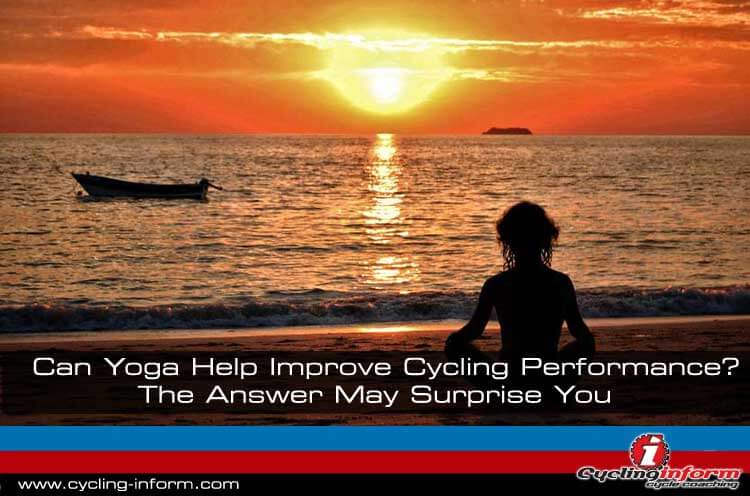
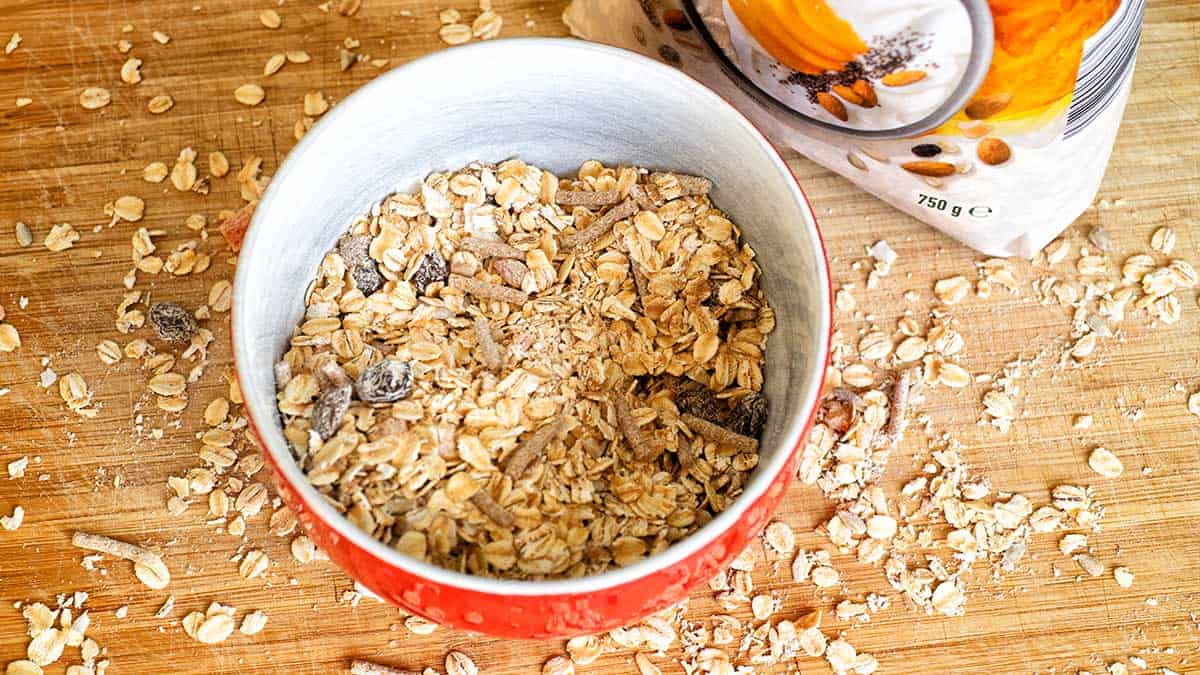
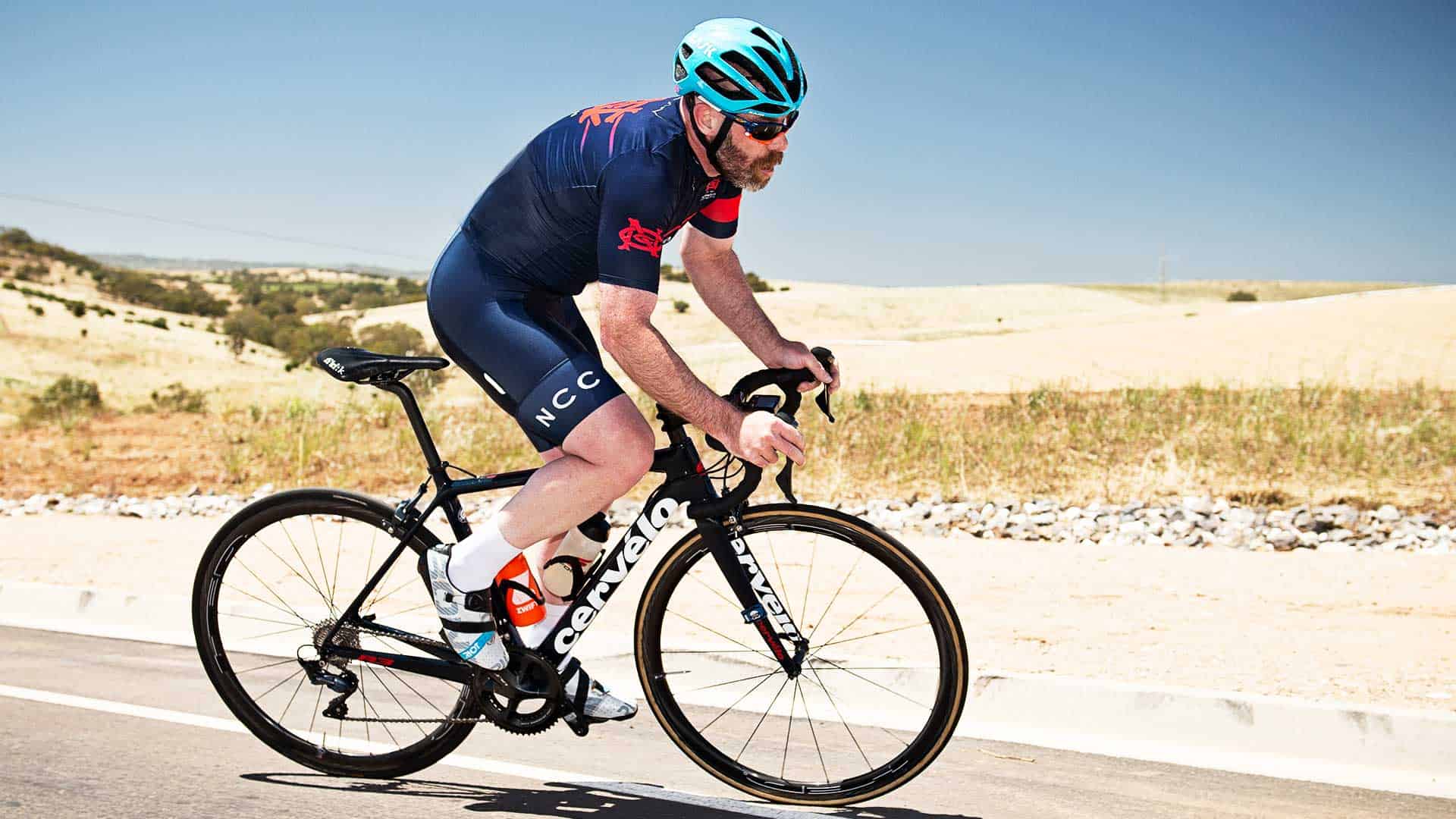
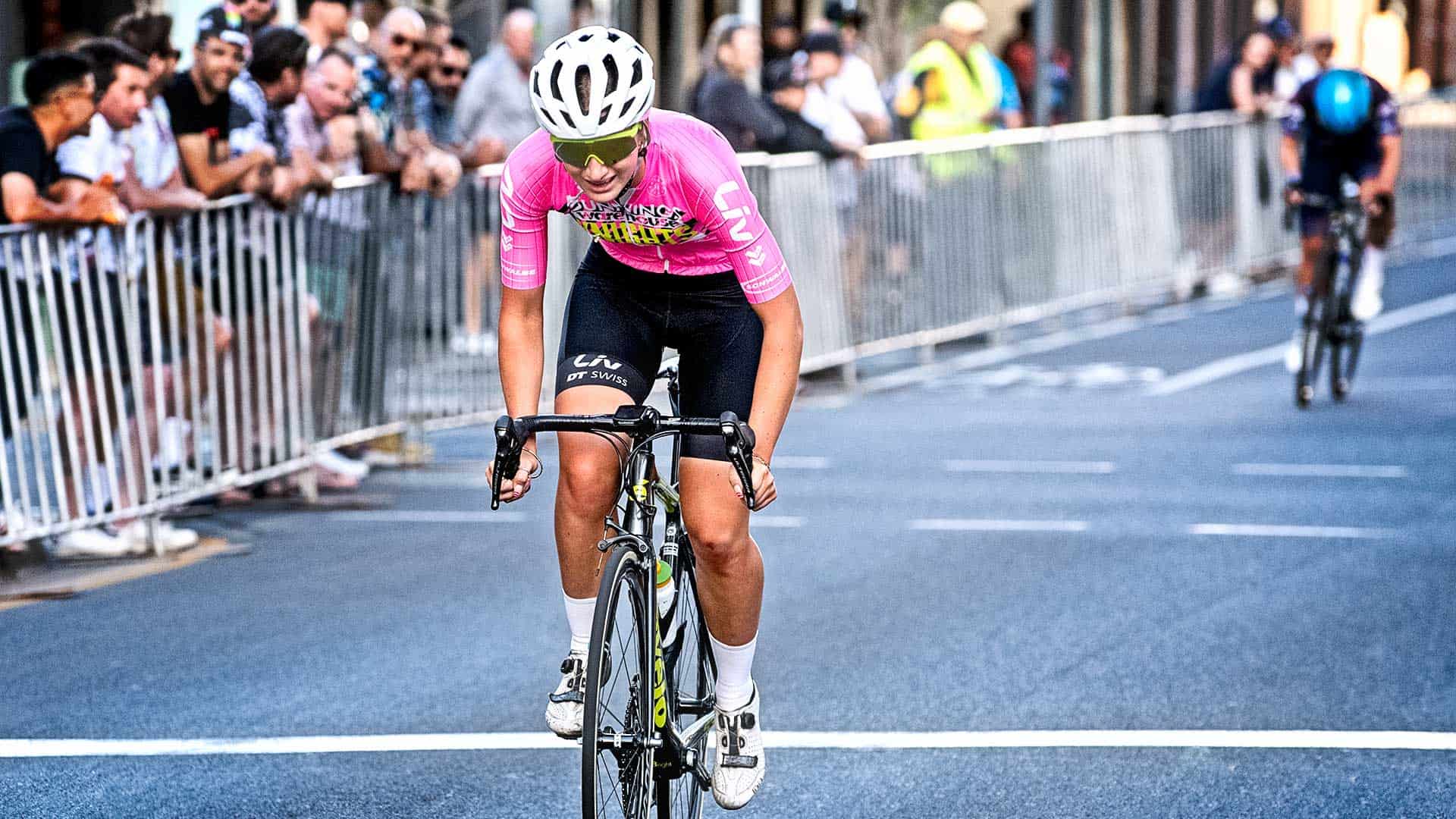
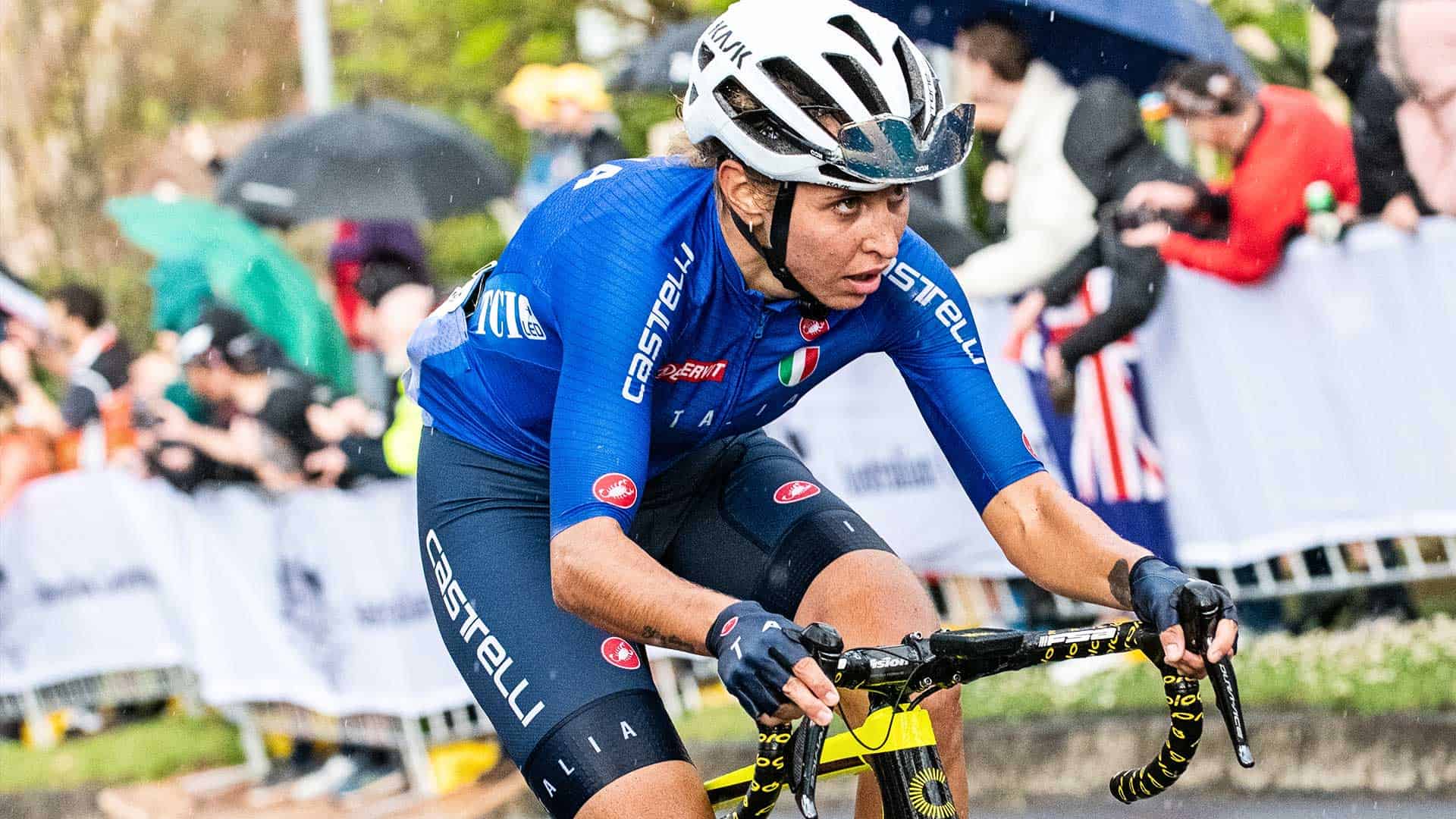
Leave A Comment